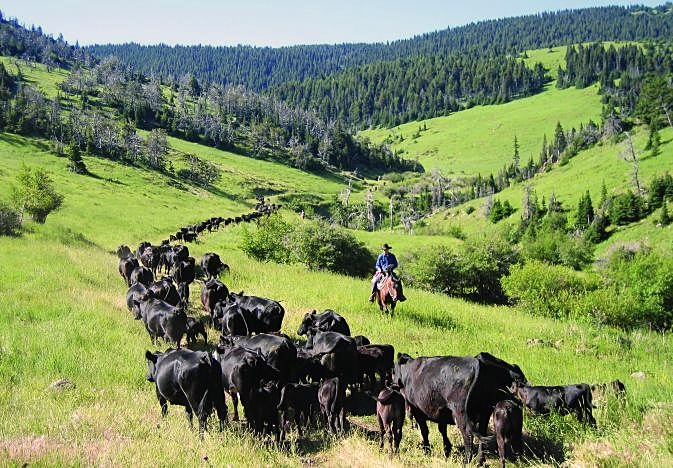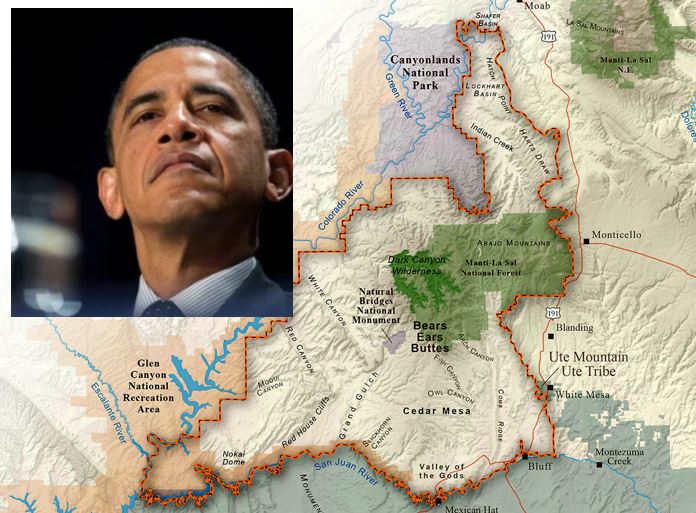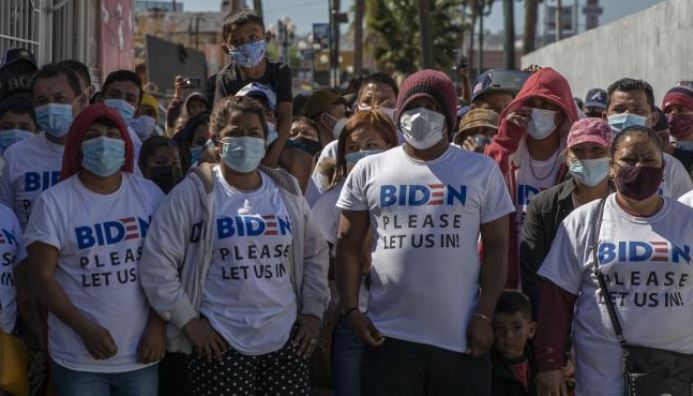New BLM Public Lands Rule will significantly harm Utah

Local public lands experts and advocates call on the BLM to withdraw Rule
Salt Lake City, Utah (May 14, 2024) — The Utah Public Lands Policy Coordinating Office officially announces its opposition to the recently filed Public Lands Rule by the Bureau of Land Management (BLM). The BLM officially filed its rule Thursday, May 9, and it will take effect June 8, 2024 (30 days from filing). This new rule, according to the office, imposes constraints that could significantly hinder essential land management practices, with far-reaching effects beyond what can be detailed in this single release. It’s important to note, this rule was rolled out without proper coordination or collaboration with the state or local governments.
Redge Johnson, Director of the Utah Public Lands Policy Coordinating Office, articulated some concerns:
“Here in Utah, we’ve long supported conservation. Utah has a history of working collaboratively with the BLM and a variety of other partners to actively manage lands within our state. It’s puzzling to see a rule introduced that doesn’t seem to address any new or existing problems. Our current conservation designations and the laws that support them have effectively managed our public lands for decades. This new rule, however, could seriously hinder our ongoing efforts, especially those aimed at managing vegetation and reducing wildfire risks, which are vital for maintaining the health of our lands. We believe the rule complicates rather than helps. It’s imperative that the BLM withdraws this rule and collaborates closely with stakeholders to find more practical and effective solutions.”
Key Concerns Highlighted by the Office:
- This rule defines conservation as a hands-off approach to management: Effective conservation balances both active and passive strategies, benefiting the environment and its users. The proposed Public Lands Rule prioritizes a narrow definition of conservation opting for heavily restrictive leases with rigid land health standards that are contradictory to active land management. Active land management involves interventions and ongoing human effort to manage ecosystems like prescribed burns for fire mitigation, revegetation after a wildfire, and landscape restoration by removing invasive species.
- Broad implications for land management: The new rule will fundamentally alter the future management of BLM lands to the detriment of wildfire mitigation, watershed restoration, invasive species removal, recreation, livestock grazing, mineral extraction, renewable energy production, and other common uses on BLM lands.
- Specific impact on wildfire mitigation and air quality: Utah’s lands, described as a ‘fire-dependent ecosystem,’ require active management to prevent catastrophic wildfires. The new rule would make it more difficult to carry out crucial vegetation management projects, such as reducing the fuel loads that have accumulated due to over a century of fire suppression. This would significantly impact all western states and likely lead to more fires and poorer air quality during the peak seasons.
- Conservation is taking place, this rule obstructs current efforts: This Rule will impair the ability of BLM employees and their partners at the state and local level to improve and restore Utah’s landscapes and watersheds effectively. As there are already numerous federal designations and acts that ensure the conservation of BLM-administered lands. Approximately 10.1 million acres of the 22.8 million acres of BLM land (42% of the total land in Utah) are already under strict land designations of some sort – and that’s not to mention the millions of acres of protected National Park Service, U.S. Forest Service, and other protected Federal lands.
- Call for withdrawal and consultation: The office urges the BLM to withdraw the rule and engage in a more collaborative approach with stakeholders to develop solutions that are practical and beneficial for all parties involved. “We need regulations that support our ongoing efforts, not hinder them. It’s essential that any new rules are developed in partnership with the communities they affect,” added Johnson.
“The executive branch has overstepped the boundaries set by Congress, eroding the trust of our state. If this rule is implemented, it will severely restrict the ability of state and local governments to collaborate with federal agencies. This interference will hinder our efforts to actively manage and restore landscapes, as the influence of special interest groups becomes more pronounced. It’s crucial that we maintain local input and guidance in the restoration and management of our lands,” said Johnson.
Support for Representative John Curtis’ WEST Act:
The office also expresses strong support for Representative John Curtis’ Western Economic Security Today (WEST) Act. This legislation aims to course-correct the unintended consequences introduced by the BLM’s Public Lands Rule.
“We fully support Representative Curtis in his efforts to secure a balanced approach to economic and environmental challenges in the West. The WEST Act will address the issues the Public Lands Rule could exacerbate, ensuring that economic stability and environmental protection go hand in hand,” said Johnson.
The Utah Public Lands Policy Coordinating Office remains committed to its conservation efforts and calls on the BLM to reconsider the implications of its new rule to ensure the sustainable management of public lands.




